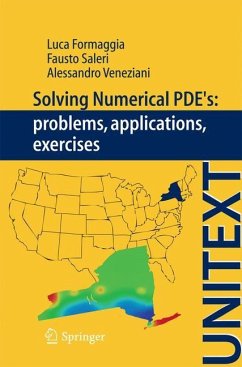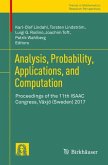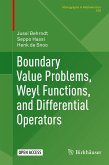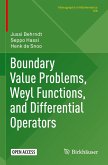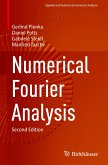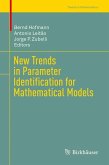This book aims at introducing students to the numerical approximation of Partial Differential Equations (PDEs). One of the difficulties of this subject is to identify the right trade-off between theoretical concepts and their use in practice. With that collection of examples and exercises we try to address this issue by illustrating "standard" examples which focus on basic concepts of Numerical Analysis, as well as problems derived from practical applications which the student is encouraged to formalize in terms of PDEs, analyze and solve. The latter examples are derived from the experience of the authors in research project developed in collaboration with scientists of different fields (biology, medicine, etc.) and industry. We wanted this book to be useful both to readers more interested in the theoretical aspects, and also to those more concerned with the numerical implementation. To this aim, solutions to the exercises have been subdivided in three parts. The first concerns the mathematical analysis of the problem, the second its numerical approximation and the third part is devoted to implementation aspects and the analysis of the results. The book consists of three parts. The first deals with basic material and results provided as useful reference for the other sections. In particular, we recall the basics of functional analysis and the finite element method. The second part deals with steady elliptic problems, solved with finite elements or finite differences, while in the third part we address time-dependent problems, including linear hyperbolic systems and Navier-Stokes equations. Two appendices discuss some practical implementation issues and three-dimensional applications. Each section contains a brief introduction to the subject to make this book self contained.
Bitte wählen Sie Ihr Anliegen aus.
Rechnungen
Retourenschein anfordern
Bestellstatus
Storno

